EDUCATING CLIENTS
UNDERSTANDING HYPNOSIS
HYPNOSIS – WHAT IT IS AND HOW IT IS USED
Different people have different ideas about what hypnosis is and what hypnosis isn’t. Even the field of academia has contrasting and conflicting theories as to what hypnosis actually is. This is what makes hypnosis and the creation of hypnotic phenomena fascinating.
In a therapeutic setting, hypnotherapy is at it’s most proficient when a client is focused and engaged, and open to using their imagination with an expectation and belief that in doing so, as a result of suggestion, they can experience what appears to be nonconsciously created responses and phenomena. To quote one of the World’s leading academics on the subject:
“To be hypnotic the subject must create an altered experience of volition or reality in accord with the requirements of the situation by strategic self-deception” – (Dienes, 2012).
“Hypnotic response occurs when a person strategically alters their sense of volition or reality; for example, by having intentional actions experienced as involuntary or imagination experienced as perception” – (Dienes & Perner, 2007)
In layman’s terms, a hypnotherapy client, open to suggestions and willing to engage their imagination, can create psychological and physiological change. A skilled hypnotherapist will use this ‘cognitive hack’ to give constructive and beneficial suggestions to the subject, or in conjunction with other therapeutic and coaching practices, to enhance the therapeutic work even further.
DISPELLING COMMON MISCONCEPTIONS ABOUT HYPNOSIS
Hypnotised people can’t resist suggestions
Individuals do not lose control, in fact, people can resist and even oppose hypnotic suggestions. Their experience of control during hypnosis depends on their intentions and expectations regarding whether or not they retain voluntary control.
People are either hypnotisable or they are not
It is inaccurate to assume that people are either hypnotisable or not. People vary greatly in their responsiveness and often respond to some suggestions but not others. Still, most people are sufficiently hypnotisable to reap substantial benefits from therapeutic suggestions.
Hypnosis Reveals Accurate Hidden Memories
Hypnosis can create false or distorted memories, and these should not be considered accurate. “Recall” reflects participants’ expectancies, fantasies, and beliefs regarding personal characteristics and events during a specific period in time.
Hypnosis Is a Magical Cure-All
Hypnosis is not a guaranteed or instant solution for every problem. Its effectiveness varies with different individuals and conditions.
Hypnosis Is Just for Entertainment
While hypnosis is entertaining, it’s also a legitimate therapeutic technique for addressing various issues, such as stress, anxiety, and pain management.
Hypnosis Is a One-Time Fix
Hypnotherapy may requires multiple sessions to achieve lasting results. It’s a process that may take time and consistency to address certain issues.
hypnotists have special abilities
Performing a hypnotic induction and giving specific suggestions does not require any special abilities beyond those required for basic social interactions. Integrity and ethical training in therapeutic practices are more important. Avoid any hypnotists who says to the contrary.
Hypnosis is a special state
People do not have to be relaxed and can respond to hypnotic suggestions even while they are alert or exercising. More accurately, think of hypnosis as a set of procedures in which verbal suggestions are used to modulate awareness, perception and cognition.
Hypnosis is a stand-alone intervention
Although direct suggestion alone can and often does successfully create change, hypnosis is often used as an adjunct to other techniques, like medications, psychodynamic therapy and especially (and particularly effectively) cognitive behavioural therapy (CBT).
What makes good hypnotherapy great?
Coming into therapy with the right attitude and mindset will be of great value to you the client. If you are relaxed and being yourself, open minded about the experience and fully committed to the process, the session will almost certainly be of great value.
Understand that hypnotherapy is a collaborative experience and a good hypnotherapist should present it as such. It is not something done to you, but rather with you. Therefore, good rapport is key.
Being relaxed, being yourself
A hypnotherapy session should be an enjoyable and if you are relaxed, present and being yourself, will prove to be an interesting and engaging experience.
Being open minded will benefit you
You have probably realised that you have long held a number of misconceptions about what hypnosis is and what it isn’t. The best mindset to adopt when experiencing hypnotherapy for the first time, is to be open and engaged to what will be an enjoyable and interesting experience.
Being committed to the process
Being yourself, being open to the experience and establishing a good connection with the therapist, will all contribute to a positive experience. Being committed before, during and after the session (doing exercises, using self hypnosis etc.) will really enhance that experience and the positive impact hypnotherapy will have on you.
Good rapport is conducive to good therapy
I believe rapport is an essential part of a productive therapeutic relationship and effective hypnosis. I try to be as honest and as authentic as possible but concede, I may not be every potential client’s cup of tea (and they may not be mine). If this is the case, I will happily help you find a therapist you feel more comfortable with.
